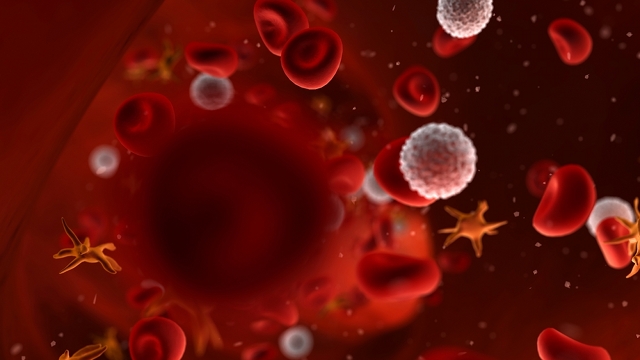Cancer Prevention is still evolving. However, studies shown that your chances of developing cancer are affected by the lifestyle choices you make.
So if you’re concerned about cancer prevention, take comfort in the fact that some simple lifestyle changes can make a big difference.
Here are Seven tips to reduce your risk of developing cancer
Avoid Tobacco
Using any type of tobacco puts you on a collision course with cancer. Smoking has been linked to various types of cancer — including cancer of the lung, mouth, throat, larynx, pancreas, bladder, cervix and kidney. Even if you don’t use tobacco, exposure to secondhand smoke might increase your risk of lung cancer.
Avoiding tobacco — or deciding to stop using it — is one of the most important health decisions you can make. It’s also an important part of cancer prevention.
Healthy Diet
Ensure you eat plenty of fruits and vegetables. Base your diet on fruits, vegetables and other foods from plant sources — such as whole grains and beans.
Avoid obesity. Eat lighter and leaner by choosing fewer high-calorie foods, including refined sugars and fat from animal sources.
If you choose to drink alcohol, do so only in moderation. The risk of various types of cancer — including cancer of the breast, colon, lung, kidney and liver — increases with the amount of alcohol you drink and the length of time you’ve been drinking regularly.
Exercise
Maintaining a healthy weight might lower the risk of various types of cancer, including cancer of the breast, prostate, lung, colon and kidney.
Physical activity counts, too. In addition to helping you control your weight, physical activity on its own might lower the risk of breast cancer and colon cancer.
Stay away from the sun
Skin cancer is one of the most common kinds of cancer — and one of the most preventable. Avoid midday sun. Stay out of the sun between 10 a.m. and 4 p.m., when the sun’s rays are strongest.
Stay in the shade. When you’re outdoors, stay in the shade as much as possible. Sunglasses and a broad-brimmed hat help, too. Cover exposed areas. Wear tightly woven, loosefitting clothing that covers as much of your skin as possible.
Immunisation
Cancer prevention includes protection from certain viral infections. Talk to your doctor about immunization against:
Hepatitis B. Hepatitis B can increase the risk of developing liver cancer. The hepatitis B vaccine is recommended for certain high-risk adults — such as adults who are sexually active but not in a mutually monogamous relationship, people with sexually transmitted infections.
Be Responsible
Another effective cancer prevention tactic is to avoid risky behaviors that can lead to infections that, in turn, might increase the risk of cancer. For example: practice safe sex. Limit your number of sexual partners, and use a condom when you have sex.
The more sexual partners you have in your lifetime, the more likely you are to contract a sexually transmitted infection — such as HIV or HPV.
People who have HIV or AIDS have a higher risk of cancer of the anus, liver and lung. HPV is most often associated with cervical cancer, but it might also increase the risk of cancer of the anus, penis, throat, vulva and vagina.
Regular Medical Care
Regular self-exams and screenings for various types of cancers — such as cancer of the skin, colon, cervix and breast — can increase your chances of discovering cancer early, when treatment is most likely to be successful.



Leave a Reply